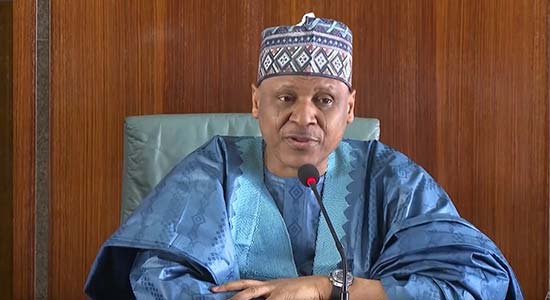The Federal Government of Nigeria (FG) has officially announced that more than 700 individuals have been convicted and jailed for terrorism-related offences across the country, with numerous other cases still active.
Information Minister Mohammed Idris revealed that the number was reached through proceedings in the Special Terrorism Court — the court specially set up to fast-track terror-related trials including suspects affiliated with groups like Boko Haram and Islamic State West Africa Province (ISWAP).
Idris emphasised that the convictions demonstrate the government’s renewed push to enforce the rule of law in its fight against violent extremism. He added that investigations by the Department of State Services (DSS) and other security agencies have wrapped up major cases linked to the Owo Church massacre, Nyanya bombings and other high-profile attacks.
Security analysts say this development points to a turning-point: improved inter-agency coordination, strengthened prosecution frameworks and active disruption of terror financing. But they caution that with thousands still under investigation or awaiting trial, the real test will be how swiftly and transparently the remaining cases are handled.
For Nigerians, this means:
Families of terror-victims may see justice served more rapidly.
Authorities expect to leverage convictions to apply more deterrent effect across insurgency hot-spots.
The government hopes this will reassure international partners who have flagged concerns over Nigeria’s counter-terrorism performance and human-rights compliance.
Still, observers warn that convictions are only part of the equation; preventing radicalisation, controlling weapons flows and restoring security in affected regions remain major hurdles. The FG’s announcement may mark a milestone — but the road ahead remains long









